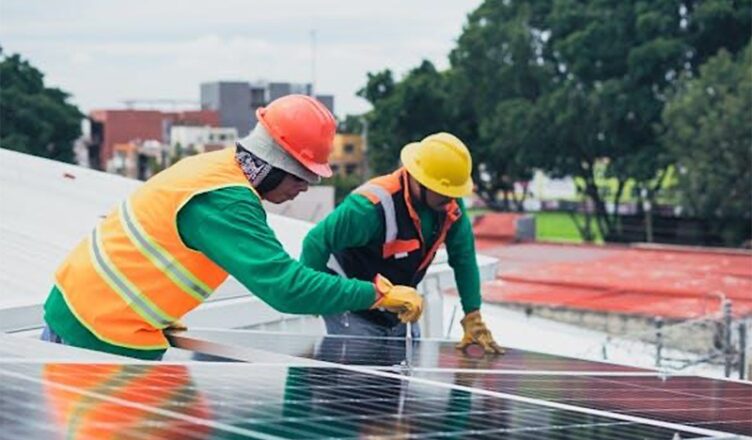The construction industry has witnessed transformative changes over the past decade, driven largely by advancements in technology. Commercial roofing contractors, in particular, have benefited from these innovations, enabling them to deliver more efficient, durable, and sustainable roofing solutions. Understanding how technology impacts the role of a commercial roofing contractor sheds light on the evolving expertise required in today’s competitive market.
One of the most significant technological developments is the adoption of drone technology for roof inspections. Traditionally, roof inspections involved labor-intensive and risky manual surveys, especially on large commercial properties. Today, commercial roofing contractors leverage drones equipped with high-resolution cameras and thermal imaging to quickly assess roof conditions with remarkable precision. This technology not only enhances safety by reducing the need for workers to climb onto potentially hazardous roofs but also improves diagnostic accuracy, enabling early detection of leaks, damage, or insulation problems.
Building Information Modeling (BIM) is another revolutionary tool transforming commercial roofing projects. BIM allows contractors to create detailed 3D models of roofing systems integrated with the entire building’s architectural plans. By simulating roofing installations digitally before breaking ground, commercial roofing contractors can identify potential design conflicts, optimize material usage, and streamline coordination with other trades. This results in reduced project delays, minimized waste, and cost savings for clients.
Material science has also advanced significantly, expanding the options available to commercial roofing contractors. Innovations such as cool roofing membranes reflect more sunlight and reduce heat absorption, enhancing a building’s energy efficiency. Similarly, green roofing technologies incorporate vegetation layers that improve insulation and manage stormwater runoff. Commercial roofing contractors skilled in these cutting-edge materials can help building owners achieve sustainability goals while complying with increasingly stringent environmental regulations.
Moreover, the integration of solar photovoltaic panels into roofing systems has become a popular trend, requiring specialized installation knowledge. Commercial roofing contractors often collaborate with renewable energy experts to ensure solar panels are securely mounted without compromising the roof’s waterproofing integrity. This interdisciplinary approach reflects the growing complexity of commercial roofing projects and underscores the contractor’s role as a multi-faceted problem solver.
Project management software tailored for construction also empowers commercial roofing contractors to enhance communication and logistics. These platforms facilitate real-time scheduling, resource allocation, and documentation, allowing contractors to keep clients informed and projects on track. Enhanced transparency and efficiency contribute to higher client satisfaction and better quality control.
Despite these technological advances, the core responsibilities of a commercial roofing contractor remain focused on quality workmanship, safety, and adherence to regulatory standards. Technology is a powerful enabler, but it requires skilled professionals who can apply these tools effectively and interpret the data they generate.
In conclusion, technology continues to reshape the commercial roofing industry, expanding the capabilities of roofing contractors and improving outcomes for clients. Commercial roofing contractors who embrace these innovations position themselves as leaders in delivering state-of-the-art, sustainable, and cost-effective roofing solutions that meet the demands of modern commercial buildings.

